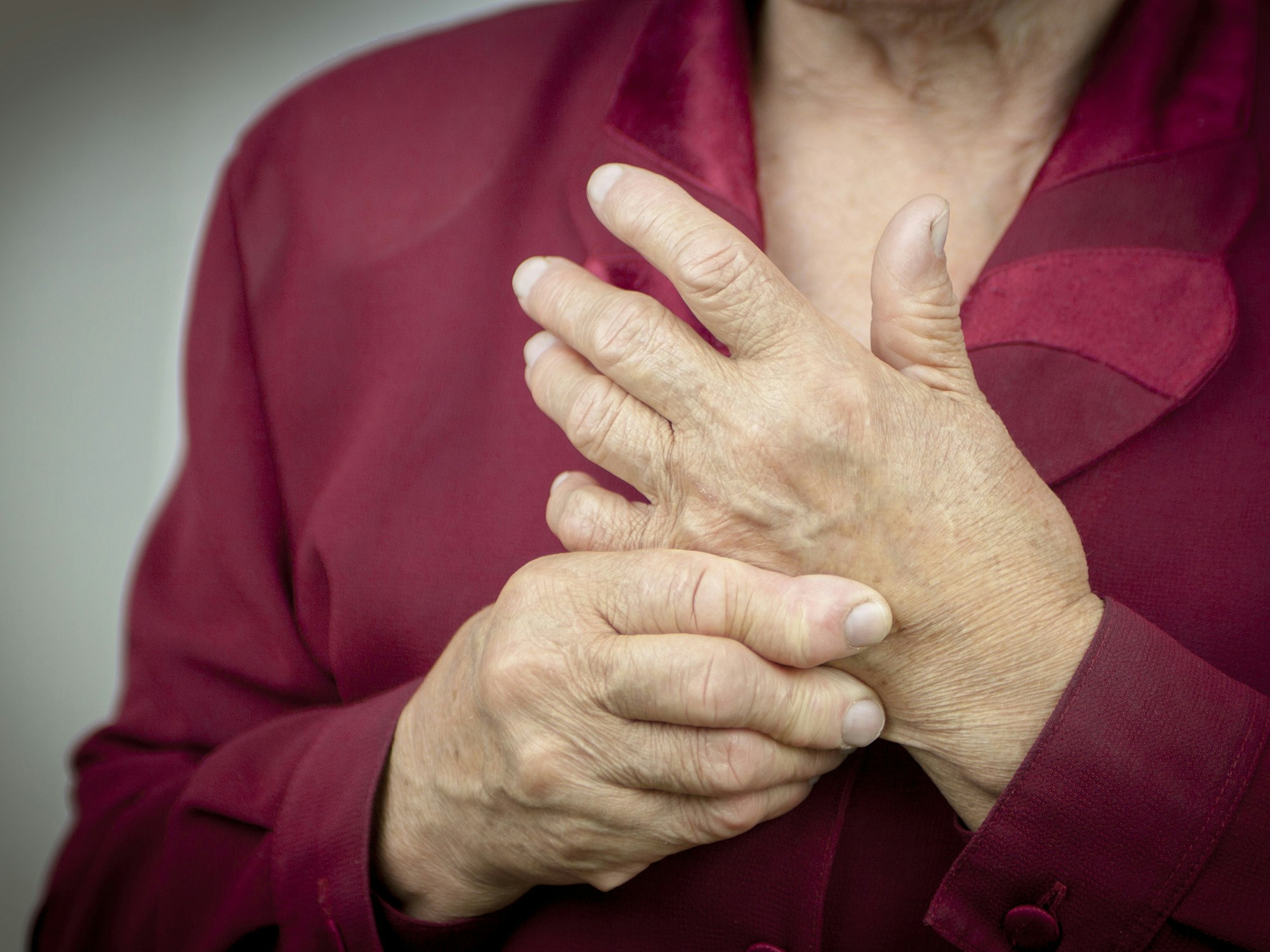Commercialisation of new technology aims to give back control to people with disability

New technology developed by a collaboration between researchers, students, and experts from some of South Australia’s leading universities and a local hospital is about to be commercialised to give people living with a range of conditions, from cerebral palsy through to arthritis, more control in their daily lives.
Developed by the University of South Australia, Flinders University and the Women’s and Children’s Hospital, the i-boll has now been licensed in an agreement with disability service provider Novita, who also specialises in assistive technology for the not-for-profit organisation’s assistive technology division.
Lead Researcher from Flinders University David Hobbs says “the i-boll has both practical and therapeutic applications” having been designed in a collaboration that includes biomedical engineers, industrial designers, neuroscientists, paediatricians, occupational therapist and rehabilitation experts.
“Easier to use than conventional controllers, the i-boll connects with most mobile smart devices that users are already familiar with, making it both highly accessible and cost effective,” Mr Hobbs says.
“Intuitive in design, the novel device can be customised to suit a users’ specific hand impairment such as arthritis, stroke or cerebral palsy.”
Heading the commercialisation front for the i-boll is UniSA’s Dr Stephen Rodda who says the leading edge technology is a “strong example” of how local universities and industries can collaborate to benefit society and the local economy.
He says it has been an “extremely productive research and development collaboration” and that he and the University look forward to Novita delivering the i-boll to the market.
General Manager of Assistive Technology for novita, Mark stewart, says the provider shares Dr Rodda’s excitement at bringing the innovative i-boll to market globally.
“i-boll has the potential to really change millions of people’s lives worldwide and our goal is to continue to innovate to do just that,” he says.
Currently, the i-boll is in its final phase of consumer testing in association with South Australian aged care provider and industry partner Helping Hand.
The technology is expected to be in production by early 2019.